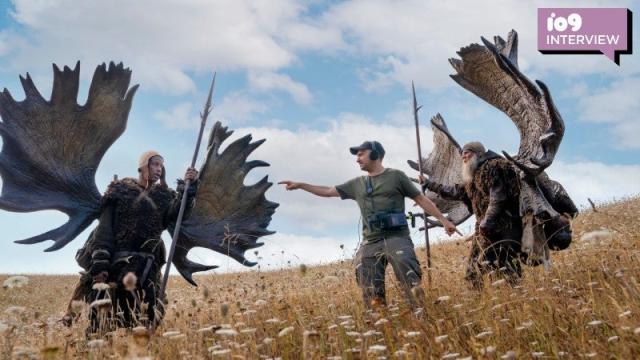In a few short weeks, Amazon becomes Middle Earth. The trillion-dollar company has invested hundreds of millions of dollars in bringing the latest iteration of J.R.R. Tolkien’s Lord of the Rings franchise to its streaming service. That show, The Lord of the Rings: The Rings of Power, debuts September 2, and few premiere episodes in entertainment history have as much riding on them as this one. Everyone had better watch and love it. That’s where J.A. Bayona comes in.
Bayona is best known for directing Jurassic World: Fallen Kingdom, but also the poetic fantasy A Monster Calls, the horrific The Orphanage, and the real-life disaster drama The Impossible. Now he’s at the helm of the first two episodes of The Rings of Power and, earlier this summer, Gizmodo spoke to him about those expectations and more. Check out the interview below.
This interview has been edited for clarity.
Germain Lussier, Gizmodo: So when I first saw footage from the show, my first thought was just how epic it was and how seamlessly its look fit in with the look that we are so familiar with from the Peter Jackson films. So, I was wondering, was that on purpose? And if so, how did you reach that decision?
J.A. Bayona: Well, I love the movies and what I really appreciate is how faithful Peter Jackson was, how truthful, to the spirit of Tolkien. So to me, it was more about going to Tolkien and going to the source material. I think when you read the books, you can see how epic they are and you can see the size of the scope of the series,. And I think it was more reading the books again and trying to portray that on the screen instead of going to the movies.
io9: Oh wow, so am I just reading into that? Because it seemed like even some of the camera moves and the visual effects were crafted so that, if you were to binge all of it, it would all fit together.
Bayona: Well, to me it’s like exactly the same way Tolkien used the language as the basics. So he was inventing characters, inventing a language, and [inventing] worlds. To me, it’s all about the language always. But this is the language of the camera. I had beautiful words and actions written by Patrick [McKay] and J.D. [Payne] and I tried to bring this cinematic element to the story.
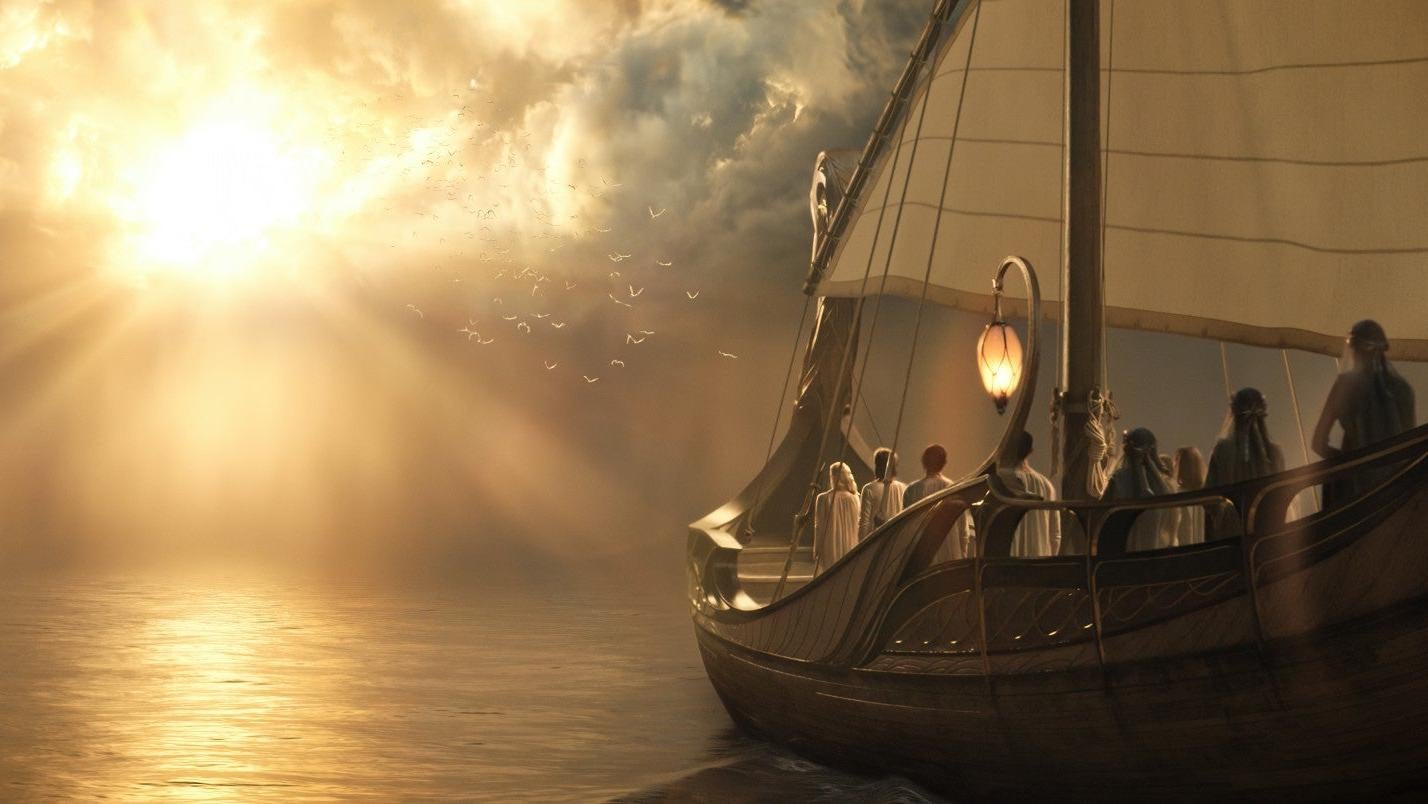
io9: Now you directed the first two episodes of the series, which is a big deal because you’re setting the tone for everything: the look, the feel, it’s like directing the first two movies of a franchise. So what did you find most challenging or intimidating about kind of getting in there on the ground floor?
Bayona: I think to portray the level of beauty that you find in the books is such a massive endeavour. I’m glad that Amazon had the ambition to go there. Also, if you think about the movies, the bar was set so high that we can not offer less to the audience, you know? So to me, it was to be at the level of the expectations, not only for the people who saw the movies but the people who had read the books.
io9:How did you end up on the project in the first place? Because you’ve been on it very early. Did you hear Amazon bought this and you told your agent to go after it or did they come after you?
Bayona: I remember that I read about the show and I was curious like, “Oh, that seems like a very good idea,” because television allows you to give the space and the time that Tolkien spent in telling the story and the story of these characters. And then I got a call from my agent that Patrick and J.D. wanted to meet me. I didn’t know anything about it. I didn’t know if it was going to be a repetition of the same story but then I sat down with Patrick and J.D., and I was very gladly surprised by what they told me. I think it was very smart and clever to do a Second Age [story], which is something that Tolkien planned, but was never that specific. So it gave us a lot of freedom to create new storylines and characters, but at the same time be faithful to the plan that Tolkien already had.
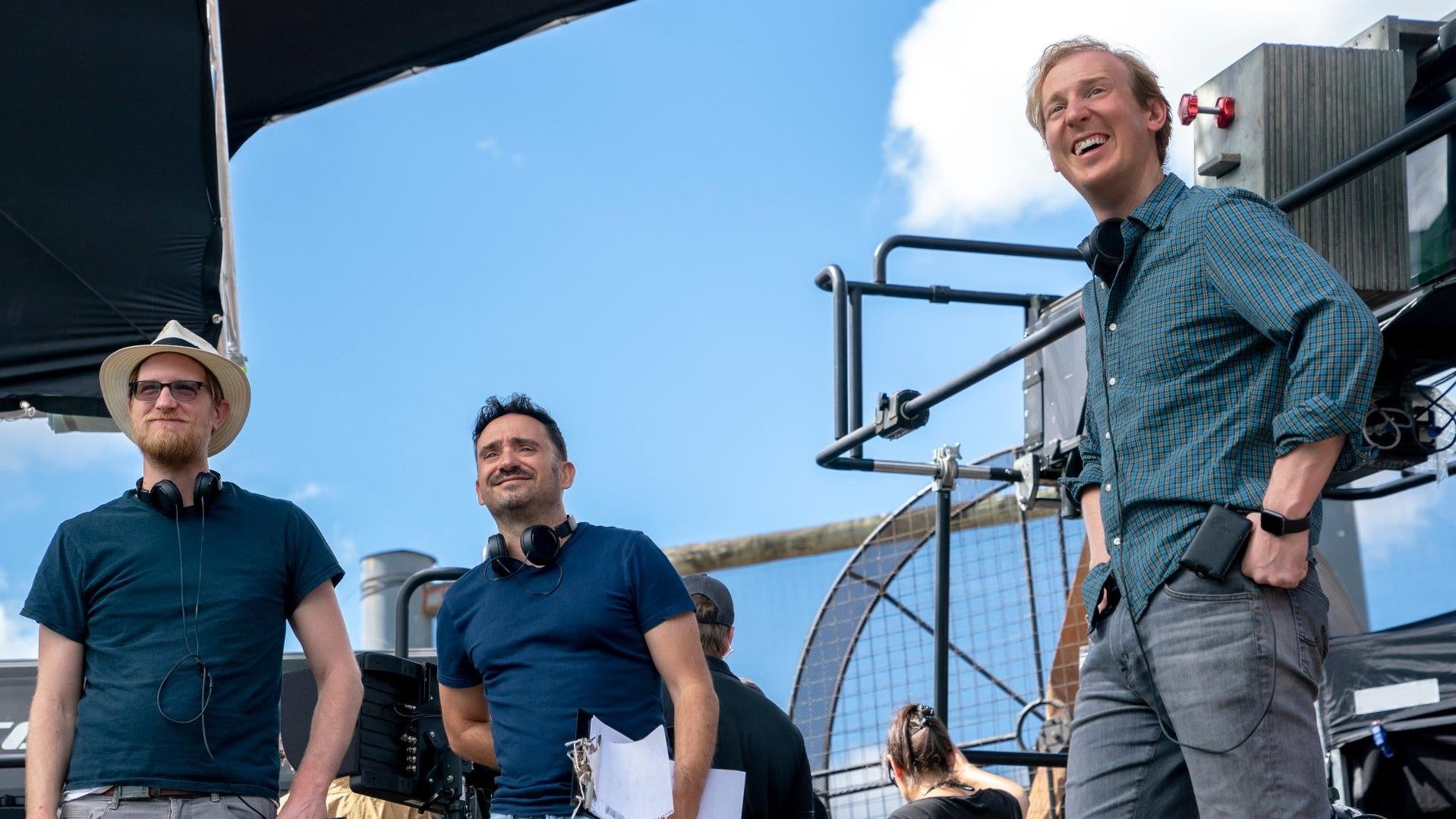
io9: In addition to directing, you’re also an executive producer on the series. Tell me a little bit about how your work on the franchise continued after you finished directing your first two episodes.
Bayona: Yeah, basically I focused on the first and second episodes, so I established the tone and helped Patrick and J.D. in choosing all the actors and designing each world. And then we sat down and we read all the scripts for first for the first season and we talked about it. That’s what we did, basically.
io9: Now, obviously, like with Jurassic World [Fallen Kingdom], you had experience jumping into a franchise in the middle and dealing with huge expectations. Did that experience have any bearing on your feelings going into this? Did you have any trepidations tackling something with those kinds of expectations?
Bayona: Yeah, I mean, you can notice the pressure, but in the end, you need to rely on your interpretation. I’m glad that I was able to do a Jurassic movie that feels so different from the other ones. I was able to bring my stamp there. And from the very beginning when I sat down with Patrick and J.D., I knew that I was at the service of their story. I really like what they were planning to tell, and I tried to bring my best in order to enhance what they were doing.
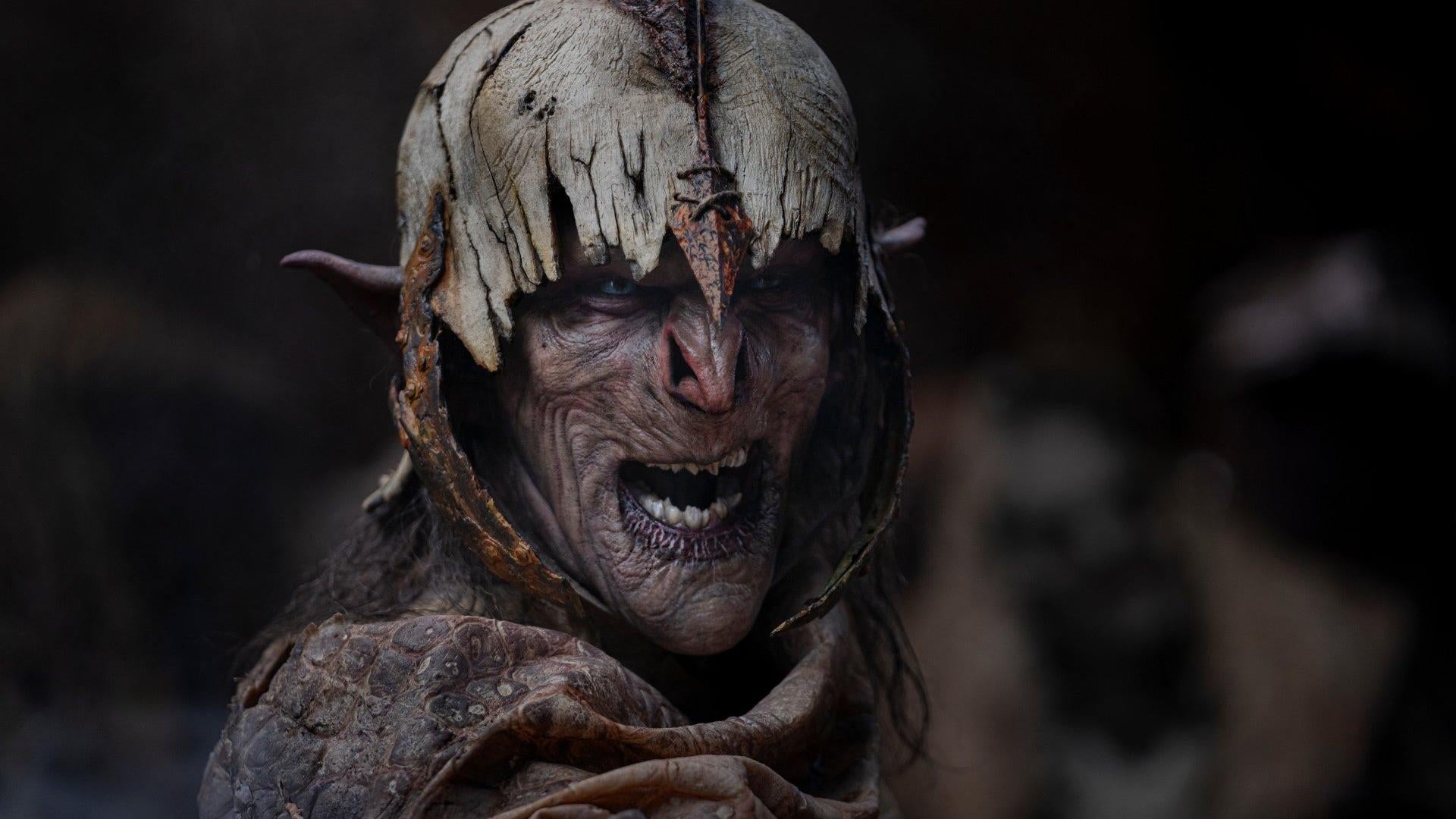
io9: Now, I know we can’t talk too much about stories and stuff, but there are obviously lots of different characters and lots of different stories in the show. Were there any particular kinds of pockets, characters, or stories that you gravitated towards personally?
Bayona: I mean, it’s such a rich and complex universe and so different. So if you want to go for [nature], you would find the Harfoots. If you want to get more political, you will go to the Elves. There’s melodrama when you go to humans. It feels very rich and complex, and I really enjoy it a lot working with each of the worlds. I love movies in general and I love all genres. And somehow the world of Tolkien allows you to pick up a little bit of all of them in the story.
io9: That’s so cool. Going back a bit, certain people are very familiar with this franchise, not just from reading the books for decades, but also from the films. So are there anyways besides the time period that you specifically said, “We want to make this different and stand out?”
Bayona: I think what Patrick and J.D. did was to capture how rich the characters are. I was very surprised how alive the characters felt on the page. Actually, I felt very protective of those scripts, and the decision after talking to them and seeing this couple of guys so passionate, so different from each other, I felt protective. To me, it was all about that.
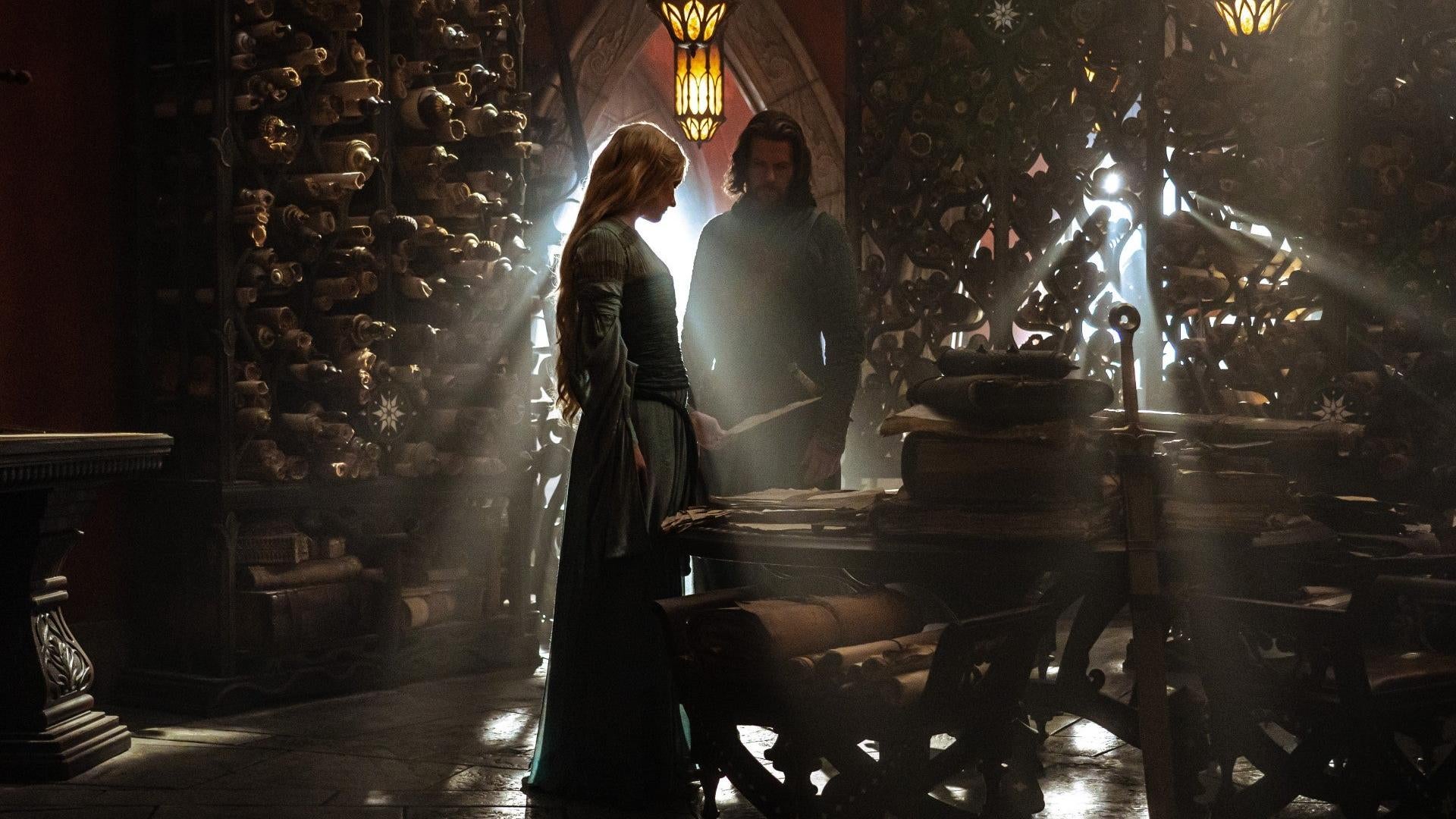
io9: Before watching Rings of Power, do you think it would be helpful for the fans to reread the books or re-watch the movies? Or is there anything, in particular, fans should concentrate on to maximise the experience?
Bayona: To me, it would be very exciting if people were interested in going back to the books or read them for the first time after they watch the show. But if they want to read it before the show, I think it’s also great because they will know where the story is heading and they can get even more excited knowing that when they watch the show.
io9: Last thing, there’s going to be multiple seasons of this show beyond season two. Would you like to come back and direct some more episodes?
Bayona: Yes, for sure. I have great memories from my time in New Zealand, and now that they are in London, it’s easier for me.
The Lord of the Rings: The Rings of Power debuts September 2.
Want more Gizmodo news? Check out when to expect the latest Marvel and Star Wars releases, what’s next for the DC Universe on film and TV, and everything you need to know about House of the Dragon and Lord of the Rings: The Rings of Power.
Editor’s Note: Release dates within this article are based in the U.S., but will be updated with local Australian dates as soon as we know more.
